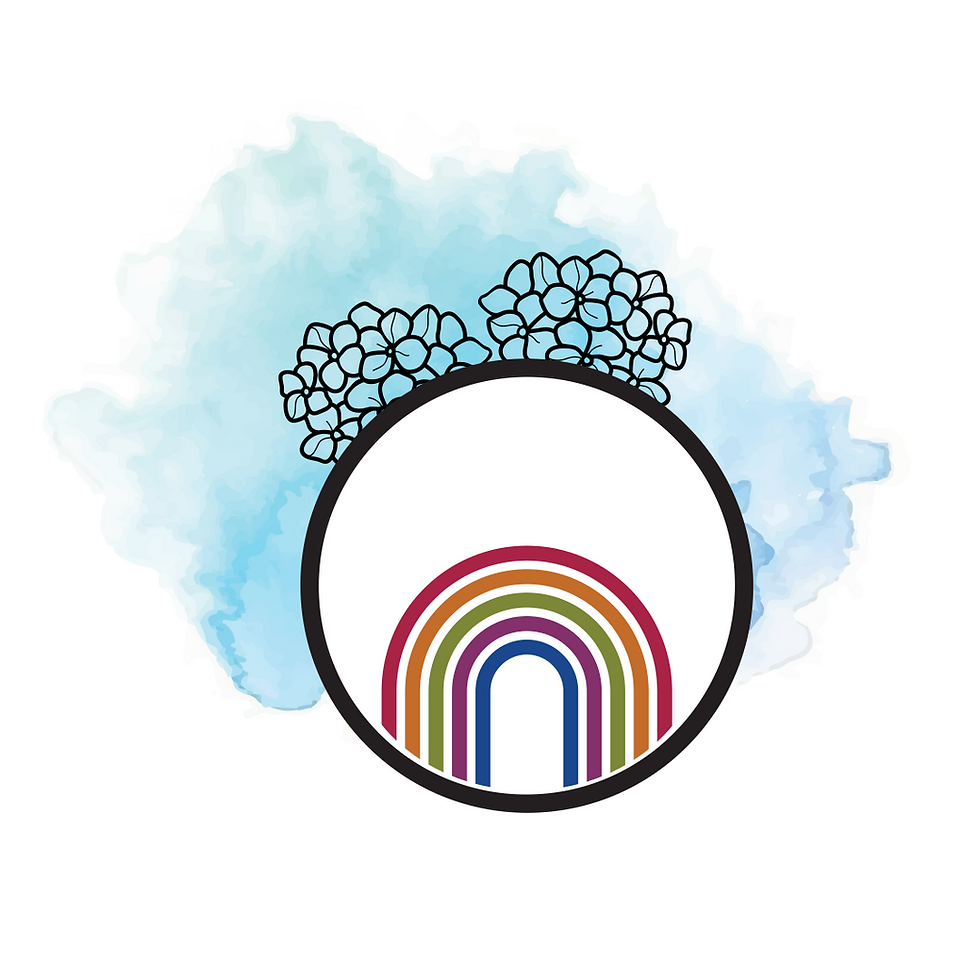
Understanding ADHD: Beyond the Stereotypes
Aug 23, 2024
2 min read
0
24
0
"People often misuse the term ADHD, thinking it just means being a bit forgetful or hyper. But in my experience, ADHD is a complex disorder that profoundly impacts both children and adults. It’s much more than just distraction; it’s a way of experiencing the world that deserves real understanding and support." — Safeena Nazar
What is ADHD?
ADHD is characterized by a persistent pattern of inattention and/or hyperactivity-impulsivity that interferes with functioning or development. While it's commonly associated with children, ADHD doesn't just disappear as you grow up. In fact, many adults are diagnosed later in life, after years of struggling with symptoms they couldn't quite put their finger on.
The Three Types of ADHD
ADHD isn't a one-size-fits-all diagnosis. There are three main types:
Inattentive Type: Often labeled as "daydreamers," people with this type might seem forgetful, disorganized, or prone to losing things. They might have trouble following through on tasks or keeping track of details.
Hyperactive-Impulsive Type: This is the "classic" ADHD that many think of—those who can't sit still, are always on the go, or blurt out answers in class or meetings. Impulsivity might lead to hasty decisions or difficulty waiting for their turn.
Combined Type: As the name suggests, this type includes symptoms of both inattention and hyperactivity-impulsivity. It’s the most common type and can present a unique set of challenges.
Living with ADHD
ADHD affects more than just attention—it can influence emotional regulation, time management, and even relationships. For children, this might mean struggling in school, feeling isolated, or being labeled as "troublemakers." For adults, ADHD can lead to challenges in the workplace, difficulty maintaining relationships, or managing day-to-day responsibilities.
But it’s not all bad news. Many people with ADHD are incredibly creative, energetic, and capable of hyper-focus—a state where they can dive deeply into tasks they're passionate about. This is why it is important to get yourself or your loved once assessed for ADHD, to allow them and yourself to thrive through the symptoms associated with it.
Strategies for Managing ADHD
Managing ADHD often involves a combination of strategies, tailored to the individual's needs, some of the common interventions include;
Medication: For many, medication helps regulate the brain's activity, making it easier to focus and control impulses.
Behavioral Therapy: This can help both children and adults develop coping strategies, like breaking tasks into smaller steps or using tools to stay organized.
Lifestyle Changes: Regular exercise, a balanced diet, and enough sleep can also play a significant role in managing symptoms.
Breaking the Stigma
It's important to remember that ADHD is not a flaw or a failure. It's a different way of processing the world. By understanding ADHD, we can break the stigma and create environments—whether at home, school, or work—that support those with ADHD to thrive.
At Spectrum Psychology, we're here to help you or your loved ones navigate the challenges and harness the strengths that come with ADHD, to allow you or your loved ones to advocate for yourselves through your journey.
Aug 23, 2024
2 min read
0
24
0
_tiff.png)






.png)
